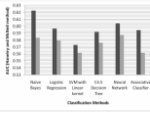 Predicting Preterm Birth Based on Maternal and Fetal Data
Predicting Preterm Birth Based on Maternal and Fetal Data
The goal of this project was to predict preterm birth
(a birth which takes place between 20 and 37 completed weeks of gestation)
based on medical, demographic, and lifestyle data.
In a team of three, we compared the predictive performance of various classification techniques
(such as Naive Bayes, Decision trees, SVM, logistic regression, and associative classifiers).
Show Details...
Project Report (PDF)
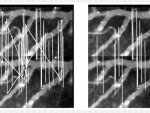 Data Mining in Health Informatics (Survey)
Data Mining in Health Informatics (Survey)
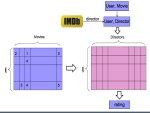 Hybrid Recommender Systems for the Netflix Prize
Hybrid Recommender Systems for the Netflix Prize
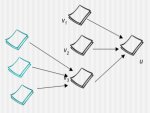 Using the PageRank Algorithm to Rank Conferences, Articles, and Authors
Using the PageRank Algorithm to Rank Conferences, Articles, and Authors
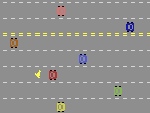
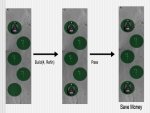 Single Agent Search Applied to a Simplified Real-Time Strategy Game
Single Agent Search Applied to a Simplified Real-Time Strategy Game

 Sand-Wars
Sand-Wars
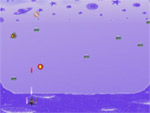
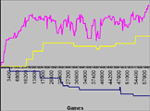 Texas Holdem Poker with Reinforcement Learning
Texas Holdem Poker with Reinforcement Learning
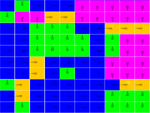

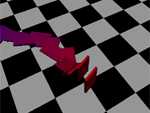
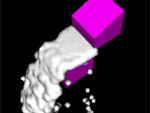
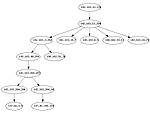
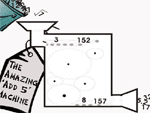 Math Handout: Understanding Functions
Math Handout: Understanding Functions